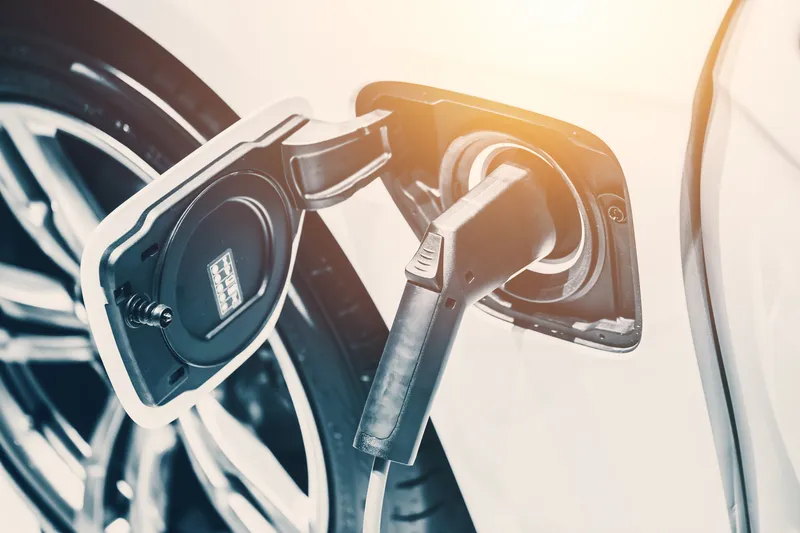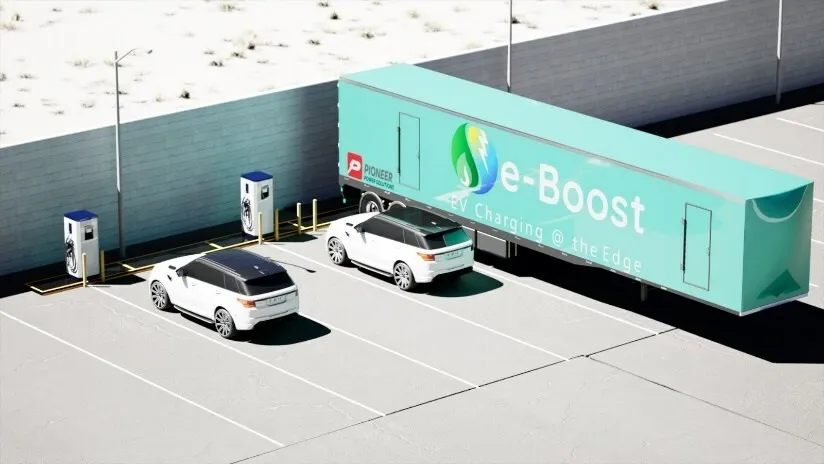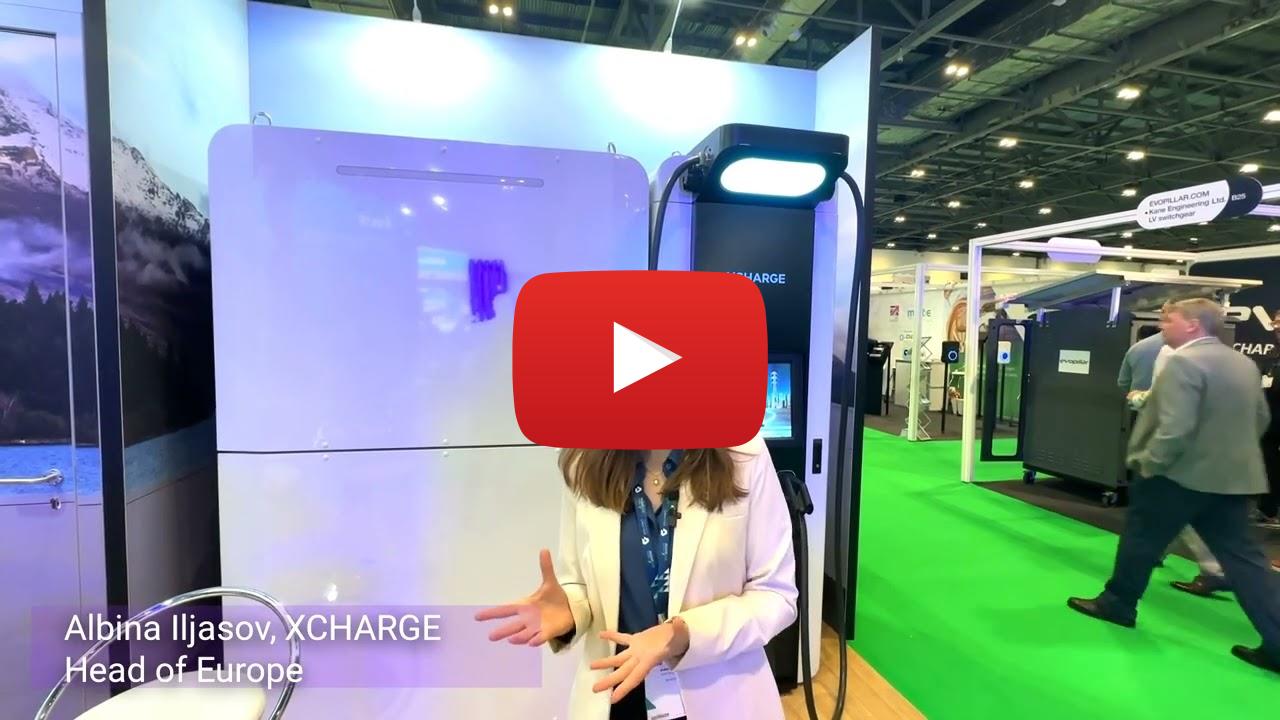
It identifies the need for urgent change if the UK is to meet its legally binding net zero emissions targets.
The report says that although progress had been made, it is not happening fast enough. And although the government has committed to end the sale of new petrol and diesel vehicles by 2035, more is needed, the committee concludes.
In December 2023, the government updated the Zero Emission Vehicles mandate, requiring all manufacturers who operate in the UK to sell an increasing proportion of EVs each year. Alongside this, the committee acknowledges some progress in the rollout of the UK’s charging infrastructure and strategies to enhance UK innovation and manufacturing.
However, rapid recharge is not happening fast enough. Major barriers remain and government and wider industry need to immediately start addressing a range of issues set out in the report.
For instance, EVs make up about only 3% of all cars currently on UK roads; they are still more expensive than their petrol and diesel counterparts; the availability of public charge points across the UK is highly variable; drivers’ anxiety over EV charge reliability and affordability is a factor; and lack of clear communication and leadership from the government is needed.
The scale of misinformation and lack of tackling this from government and industry means that a go-to source of comprehensive, clear, and balanced information is urgently required.
The report also proposes solutions for the government to consider tackling the disparity in upfront costs between electric and petrol and diesel cars, by introducing targeted grants to support consumers buying affordable models; turbo-charge the charging infrastructure rollout by reviewing outdated and disproportionate planning regulations; and tackling delays in the rollout of key public funding programmes.
“Surface transport is the UK’s highest emitting sector for CO2, with passenger cars responsible for over half those emissions,” said Baroness Parminter, chair of the inquiry. “The evidence we received shows the government must do more – and quickly – to get people to adopt EVs. If it fails to heed our recommendations the UK won’t reap the significant benefits of better air quality and will lag in the slow lane for tackling climate change.”
“The Environment and Climate Change Committee EV strategy: rapid recharge needed” report is available at this link.
RAC reaction to the House of Lords report
Commenting on the House of Lords report calling for urgent change in EV strategy, RAC head of policy Simon Williams said he welcomed what he called an important and far-reaching report and he urged the government to take the recommendations it makes seriously.
“We have long argued that mass uptake of EVs – which is the government’s aim – depends on prices falling to make them the natural choice for more people, so we are particularly pleased to see the Committee supporting the introduction of targeted grants for new electric cars, aimed at the more affordable end of the market.
“We believe the UK was too hasty in scrapping the plug-in car grant as it did lead to more lower-priced models being introduced. Without further financial support, it will be a long time before the majority of drivers will be able to afford to make the switch to electric.
“The Committee rightly acknowledges the important role the 2023 Public Charge Point Regulations will play in ensuring drivers benefit from good quality public charging infrastructure in the future, and we’re pleased to see its suggestion that elements of the UK’s first Public Charging Charter – which we developed alongside the FairCharge campaign – could form the basis of a future review of them.
“The unequivocal support for VAT to be charged at the same 5% rate whether a driver is charging at home or at a public charger also now piles yet more pressure on the Treasury to correct this bizarre anomaly. As things stand, the current mismatched VAT rates are an unnecessary barrier to switching to an electric car for the estimated third of people who can’t charge an EV at home and who wholly rely on the public charging network.
“We very much look forward to the Government’s response to this report and its explanation of what else it is going to do to ensure as many drivers are able to benefit from running an electric car as possible.”









